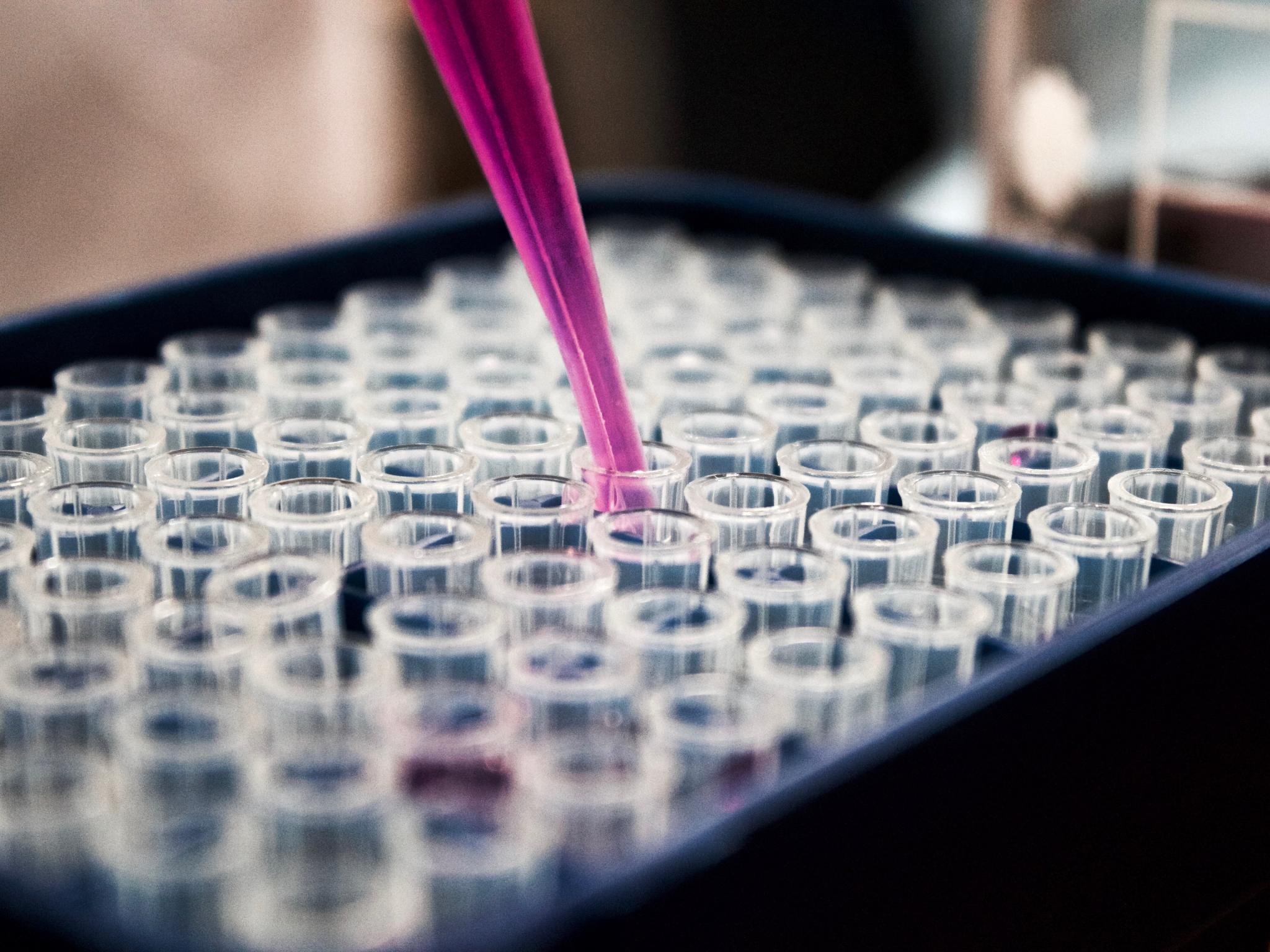
Cybin Inc. (NYSE:CYBN) announced that its in vivo preclinical studies evaluating the proprietary drug CYB003 are completed. The goal is to analyze the potential of the compound in treating major depressive disorder (MDD).
The studies were carried out on multiple species and included several doses of the substance, which were reportedly well-tolerated. According to the company, the results of the preclinical studies support the advancement toward an investigational new drug (IND) filing with the FDA for a Phase 1/2a first-in-human clinical trial.
Doug Drysdale, Cybin’s CEO, commented: “We plan to focus the Phase 1/2a trial in the United States. We believe this will allow us to escalate the study through early-stage clinical development and into a potential broader Phase 2b trial, while concurrently collecting a large amount of data to support late-stage studies.”
Dr. Amir Inamdar, chief medical officer of Cybin added that the potential entry of CYB003 “into the clinic” took less than 18 months since the discovery of the molecule.
Submission for an IND should be expected for the second quarter of 2022 with the initiation of a Phase 1/2a clinical trial set for mid-2022.
CYB003 is one of Cybin’s second-generation psychedelics, “designed to achieve less variability in plasma levels, faster onset of action, shorter duration of effect and potentially better tolerability versus oral psilocybin.”
It could be used to not only treat MDD, but also alcohol abuse disorder.
Preclinical Study Results
Well-tolerated profile following several doses in multiple species that supports repeat dosing in humans.
Similar in vitro and in vivo pharmacology profile when compared to psilocin.
50% reduction in variability compared to classic psilocybin, indicating the potential for more accurate dosing.
50% dose reduction compared to classic psilocybin, indicating the potential to maintain equivalent efficacy while reducing side effects.
50% shorter time to onset when compared to classic psilocybin, indicating the potential for a shorter duration of treatment, lower inter-subject variability, and better therapeutic control.
Nearly double the brain penetration when compared to classic psilocybin, indicating the potential for less variable treatment response.








